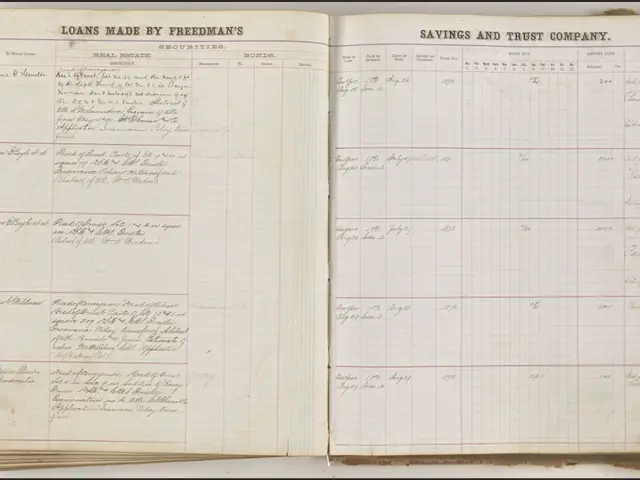United Kingdom Research and Innovation (UKRI) announces 27 strategies to revolutionize the food sector within the UK
The United Kingdom is embarking on a significant transformation of its food system, led by a £47.5 million UK Research and Innovation (UKRI) programme titled "Transforming UK Food Systems." Launched in 2021, this ambitious initiative aims to address critical challenges such as public health, climate change, biodiversity loss, soil degradation, and the resilience of food businesses.
The programme brings together over 200 partners from universities, government, industry, and charities, working collaboratively to make the UK food system healthier, fairer, and greener. The mission is clear: to place public health and the natural environment at the center of food production and consumption.
One of the key initiatives is the development of a 'Sus-Health Index,' a combined label that will show both nutritional and environmental scores, providing consumers with a clearer understanding of the impact of their food choices.
Food is a major driver of climate change, biodiversity loss, and economic inequality. Poor diets contribute to obesity and chronic disease, while farming and supply chains generate significant greenhouse gas emissions. The programme aims to reshape how food is grown, produced, and consumed, focusing on healthier diets, stronger communities, and lower environmental impacts.
Millions face barriers to accessing affordable, nutritious meals. The programme emphasises co-production, ensuring local communities have a say in shaping food strategies. Expanding voucher schemes could make sustainable foods more accessible to low-income households, while championing UK-grown beans and peas as affordable, protein-rich, and climate-friendly staples.
School breakfast trials conducted as part of the programme have shown that children readily accept higher-fibre bread, offering a potential solution to the UK's 'fibre gap.' Hospitals could reduce meal-related carbon emissions by nearly 20% without changing recipes through careful menu swaps.
The programme has grouped its actions under five interconnected themes: regenerative production, manufacturing and supply chains, food environments, empowered communities, and policy and governance. A doctoral training centre is hosting students to build the next generation of food system specialists.
Strengthening food co-operatives and social enterprises is seen as vital to improving resilience. Shifting supply-chain dynamics could give farmers and small producers more influence. Fixing the food system could unlock multiple benefits, including cutting emissions, improving health, boosting productivity, and supporting farmers.
The Transforming UK Food Systems programme is creating a blueprint for a food system that is healthier, fairer, and more resilient. This comprehensive approach offers timely, practical recommendations for the UK Government's food strategy, paving the way for a greener, more sustainable future for all.
Read also:
- Crisis in a neighboring nation: immediate cheese withdrawal at Rewe & Co, resulting in two fatalities.
- United Kingdom Christians Voice Opposition to Assisted Dying Legislation
- Democrats are subtly dismantling the Affordable Care Act. Here's the breakdown
- Antisebum skincare products (cream, cleanser, and moisturizer) advocating for self-acceptance and skin confidence.








